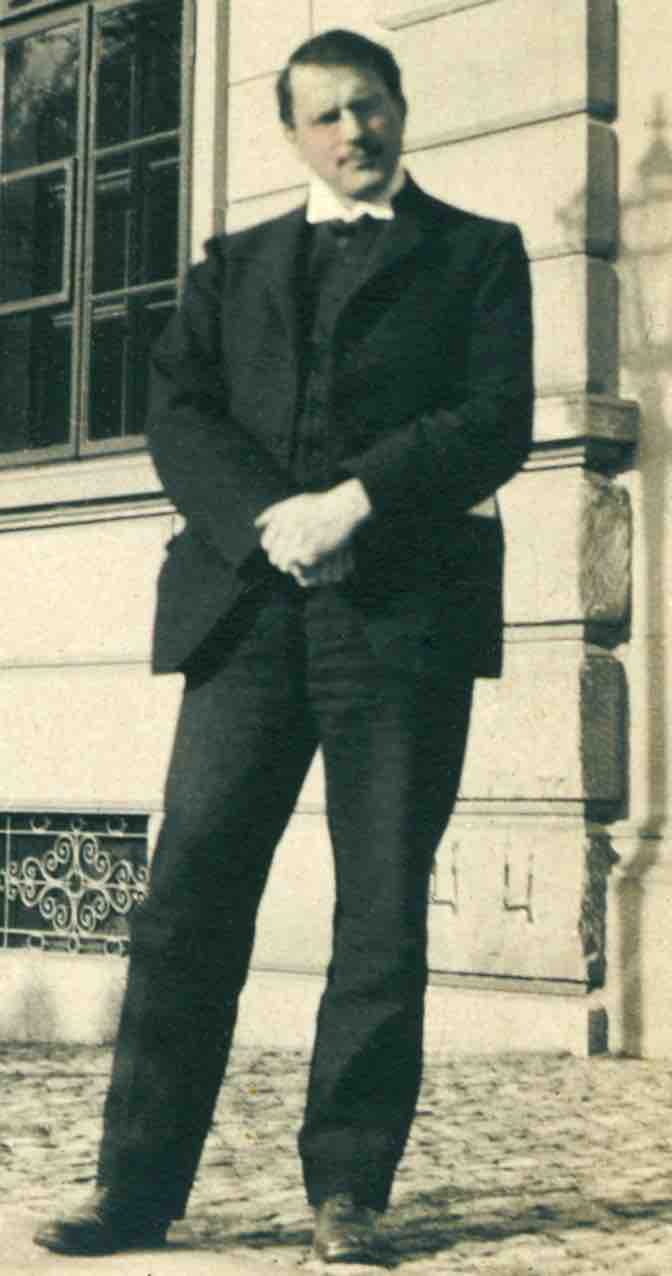Attitude is a psychological variable that is known to affect the purchase decision process of consumers. Other variables are perception, learning, personality, and lifestyle.
An attitude generally contains a positive or negative evaluation of people, objects, event, activities, ideas, or anything else in the environment. However, people can also be conflicted or ambivalent toward an object, meaning that they might at different times express both positive and negative attitudes toward the same object.
Attitude is one of Carl Jung's 57 definitions in Chapter XI of Psychological Types. Jung's definition of attitude is a "readiness of the psyche to act or react in a certain way."

Carl Jung in the USA, 1910.
Carl Jung developed a definition of attitude as it relates to the field of Psychology.
Attitudes can be difficult to measure because attitudes are a hypothetical construct that cannot be observed directly. Attempted measures may include the use of physiological cues like facial expressions, vocal changes, and other body rate measures. For instance, fear is associated with raised eyebrows, increased heart rate and increase body tension.
Attitudes can be changed through persuasion in response to communication. Experimental research into the factors that can affect the persuasiveness of a message include:
- Target Characteristics: These are characteristics that refer to the person who receives and processes a message. One such trait is intelligence – more intelligent people seem to be less easily persuaded by one-sided messages. Another variable that has been studied in this category is self-esteem.
- Source Characteristics: The major source characteristics are expertise, trustworthiness, and interpersonal attraction or attractiveness. The credibility of a perceived message has been found to be a key variable here; if one reads a report about health and believes it came from a professional medical journal, one may be more easily persuaded than if one believes it is from a popular newspaper.
- Message Characteristics: The nature of the message plays a role in persuasion. Sometimes presenting both sides of a story is useful to help change attitudes. When people are not motivated to process the message, simply the number of arguments presented in a persuasive message will influence attitude change, such that a greater number of arguments will produce greater attitude change.
- Cognitive Routes: A message can appeal to an individual's cognitive evaluation to help change an attitude. In the central route to persuasion, the individual is presented with the data and motivated to evaluate the data and arrive at an attitude-changing conclusion. In the peripheral route to attitude change, the individual is encouraged to look not at the content but at the source. This is commonly seen in modern advertisements that feature celebrities.